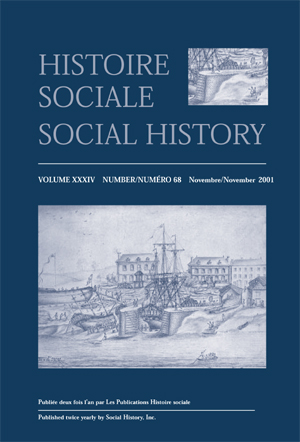Gender in the Economy: Female Merchants and Family Businesses in the British Isles, 1600-1850
Abstract
Women inhabited some unlikely settings in the early modern world, and in some cases their impact extended well beyond the confines of their home and local community. Case studies of British businesswomen in the early industrial era establish their presence in the areas of long-distance trade, heavy industry, and high finance. Research on specific families or regions has revealed that from about 1650 to 1780 women owned and actively manipulated a good deal of family and business capital. The fashion trade offered scope to businesswomen who could exploit “separate spheres” to their own advantage. Women edged out of overseas trade during this period in favour of the expanding domestic retail sector, particularly for luxury goods. By the late eighteenth century, as the infant mortality rate dropped and life expectancy increased for the middle orders, more sons survived, fewer women were left widows, and younger women were more occupied with childcare. While changing social attitudes emphasized the ideal of “separate spheres” for men and women, changing demographics formed the practical underpinning of these social conventions.Downloads
Published
2001-11-01
Issue
Section
Women and Business in Eighteenth- and Nineteenth-Century Northwestern Europe


